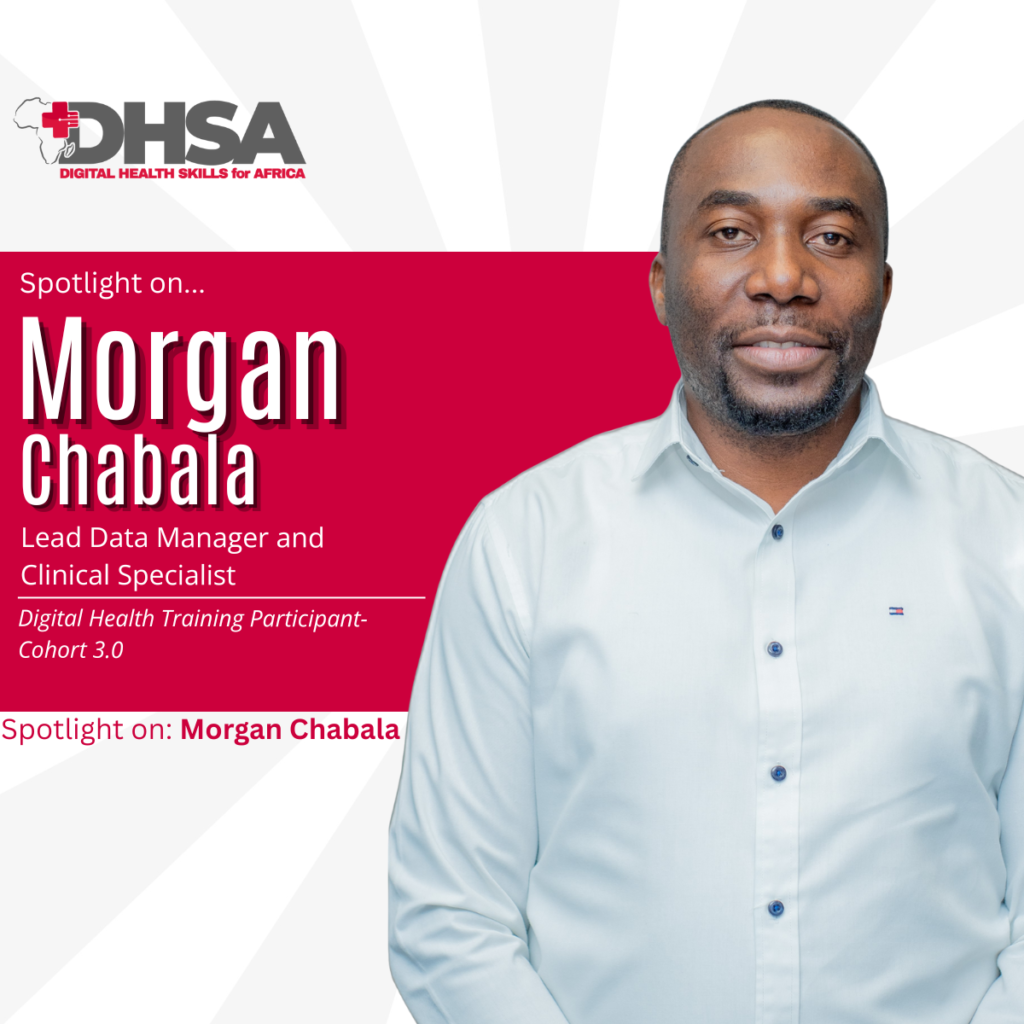
In an era where digital innovation is redefining healthcare, Nouran Farouk stands out as a transformative leader. As an accomplished internal medicine specialist and healthcare entrepreneur, she has seamlessly merged clinical expertise with operational excellence. Nouran holds a master’s degree in internal medicine and a diploma in hospital management and operational excellence from the American University in Cairo, credentials that underpin her extensive experience in infectious diseases, emergency medicine, and healthcare operations.
Beyond her clinical achievements, Nouran is the co-founder of Dosy—a groundbreaking tech-based platform that empowers women in Egypt through micro-mobility solutions. Dosy offers scooter and bicycle training, maintenance, and ride-hailing services, reflecting her commitment to enhancing mobility and opportunities for women. Her passion for integrating technology into healthcare is further demonstrated by her active participation in global digital health initiatives, including the VC Health Tech Hub Digital Training Program, where she explored innovative strategies to advance healthcare across Africa.
Driven by an unwavering commitment to global health, Nouran also engages in humanitarian work, leveraging her expertise in medical practice and healthcare coordination to serve underserved communities. Her multifaceted journey not only underscores her dedication to improving access and efficiency in healthcare but also highlights her role as a champion for women’s empowerment and digital innovation in the medical field.
During our exclusive interview, Nouran Farouk shared some remarkable insights into her experience:
- Can you tell us a bit about yourself and your background in healthcare or digital health?
I’m Nouran Farouk, an internal medicine specialist with a master’s degree in internal medicine. I also hold a diploma in hospital management and operational excellence from the American University in Cairo. My expertise spans clinical practice, healthcare operations, supply chain management, and quality improvement. I am passionate about integrating technology into healthcare to improve patient outcomes, streamline hospital operations, and enhance access to medical services. Additionally, I co-founded Dosy, a tech-based platform empowering women through micro-mobility, reflecting my interest in leveraging digital solutions to address societal challenges.
- What motivated you to apply for the VC Health Tech Hub Digital Health training Cohort 2.0?
I applied for this program because I believe digital health is a key driver of healthcare transformation, especially in Africa. My experience in hospital management and operational excellence has shown me the potential for technology to improve healthcare delivery, particularly in underserved communities. This program offers an opportunity to deepen my understanding of digital health solutions and connect with like-minded professionals working towards innovative healthcare solutions. - How has the training influenced your understanding of digital health and its role in
transforming healthcare in Africa?
The training has broadened my perspective on the applications of digital health, from telemedicine and AI-driven diagnostics to electronic health records and mobile health solutions. It reinforced the importance of leveraging technology to bridge healthcare gaps in Africa, where accessibility, affordability, and infrastructure remain challenges. - Can you share a specific skill or knowledge area you’ve gained from the training that you’ve already started applying in your work or studies?
One key takeaway has been the integration of data-driven decision-making in healthcare. My background in information-driven healthcare aligns with this, but the training provided insights into how digital tools can be used to enhance operational efficiency, predict disease trends, and optimize resource allocation. - What has been the most impactful session, workshop, or mentorship experience for you so far, and why?
The most impactful session for me was on healthcare data analytics and AI in medical practice. It demonstrated how big data and AI can enhance diagnostics, treatment personalization, and hospital management, which is crucial for improving patient outcomes. It was also my first time attending a session on data analytics, and as a beginner, I found the two sessions extremely informative. They covered all the basics in a clear and structured way, making it easy to grasp fundamental concepts. I am sure this knowledge will be very beneficial in the future, helping me apply data-driven insights in healthcare management and decision-making. - How has the cohort-based approach (networking, mentorship, and peer learning) shaped your experience in the training?
The cohort-based approach has been invaluable in fostering collaboration and knowledge exchange. Networking with experts and peers has provided diverse insights into how different healthcare systems approach digital health. Mentorship has also given me practical guidance on implementing digital health solutions in my professional practice. - How do you see digital health shaping your career trajectory, and what are your next steps after completing the training?
Digital health aligns with my dual focus on clinical medicine and healthcare management. I see myself integrating digital solutions into hospital operations, particularly in electronic medical records, telemedicine, and AI-driven diagnostics. My next step is to explore opportunities where I can contribute to the implementation of digital health strategies, either in hospital settings or health-tech startups. - If you could implement one digital health solution in your community or workplace today, what would it be and why?
I would implement an AI-driven predictive analytics tool for hospital resource management. This would optimize bed occupancy, staff allocation, and inventory management, ensuring efficient healthcare delivery while reducing costs. - What advice would you give to healthcare professionals or students considering joining future cohorts of this training?
I would encourage them to embrace digital transformation in healthcare and actively engage with mentors and peers during the training. The field of digital health is evolving rapidly, and staying ahead requires continuous learning, adaptability, and collaboration. - If you could describe the VC Health Tech Hub Digital Health training Cohort 2 in three
words, what would it be?
Innovative, Transformative, Collaborative.
If Nouran Farouk’s journey resonates with you, consider exploring our upcoming Digital Training Program launching in May. Stay tuned for further announcements on our social media pages and website, and join our vibrant community of learners on the path to digital excellence.


